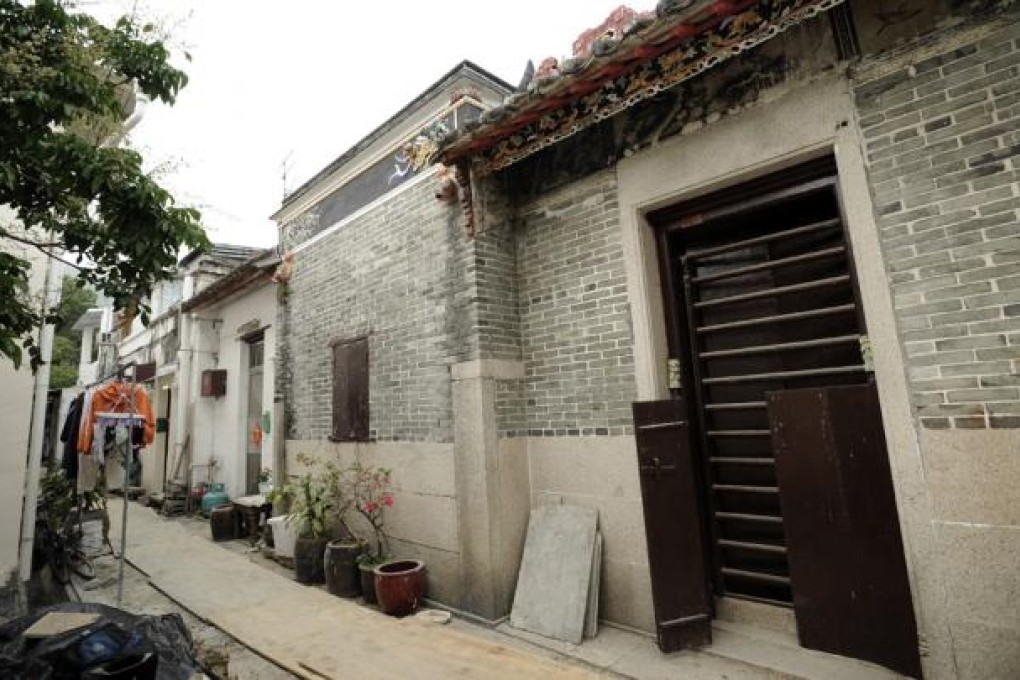Hong Kong's heritage policy needs muscle
The government likes to portray Hong Kong as a city with a clear strategy on heritage conservation. Thanks to growing public awareness and conservation efforts, more than 1,000 buildings and monuments are graded as worthy of protection. The result may sound reassuring in a place known for its strong appetite for tearing down old blocks for redevelopment. But a closer examination by the government auditor shows the situation still leaves a lot to be desired.

The government likes to portray Hong Kong as a city with a clear strategy on heritage conservation. The policy, according to the official website, is "to protect, conserve and revitalise as appropriate historical and heritage sites buildings through relevant and sustainable approaches for the benefit and enjoyment of present and future generations". Thanks to growing public awareness and conservation efforts, more than 1,000 buildings and monuments are graded as worthy of protection. The result may sound reassuring in a place known for its strong appetite for tearing down old blocks for redevelopment. But a closer examination by the government auditor shows the situation still leaves a lot to be desired.
Officials have been rightly criticised for leaving 16 government-owned heritage sites unattended or unused for years. In the case of the historic house at Wong Chuk Hang San Wai, it was left idle for two decades despite plans to turn it into a folk museum. Some buildings are not even managed by any bureaus. Separately, a handful of private buildings deemed to have heritage value were pulled down without approval, but officials did not take any action against the owners.
The problems highlighted by the Audit Commission are nothing new. They sit oddly with the stated policy - to protect and revitalise for public enjoyment. Appraising buildings according to their importance is only the first step. It is meaningless if graded buildings, whether private or government-owned, are left to decay or are demolished. The audit report is a timely reminder that the policy and its implementation remain confusing and haphazard.
Responding to the criticism, the new Antiquities Advisory Board chief said the issue of private heritage sites would be covered in a policy review. The idea of setting up a heritage trust, which has been adopted by some overseas countries, will also be explored. It is to be hoped that with a better mechanism, the city can truly pride itself on preserving its heritage for the enjoyment of present and future generations.